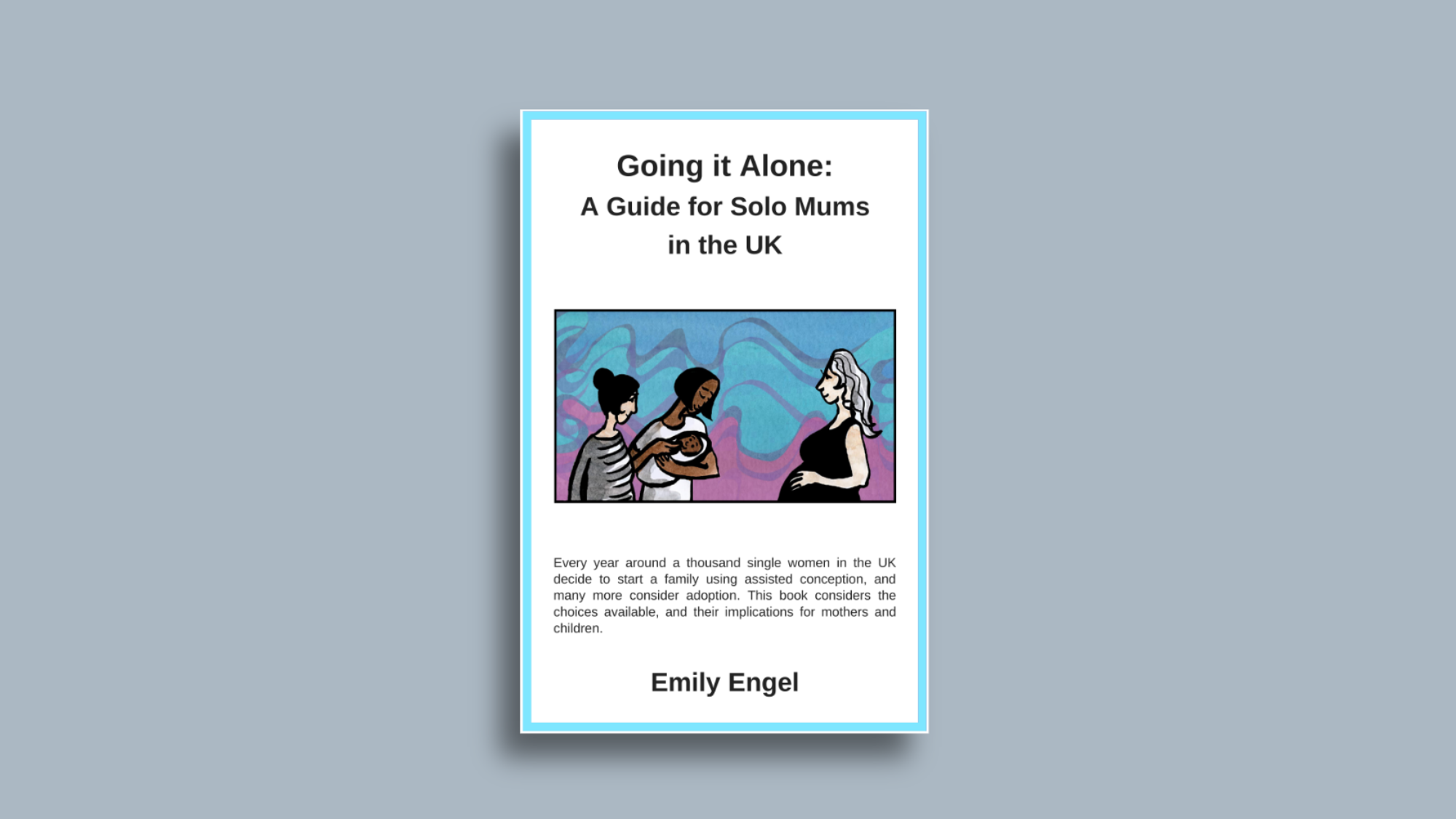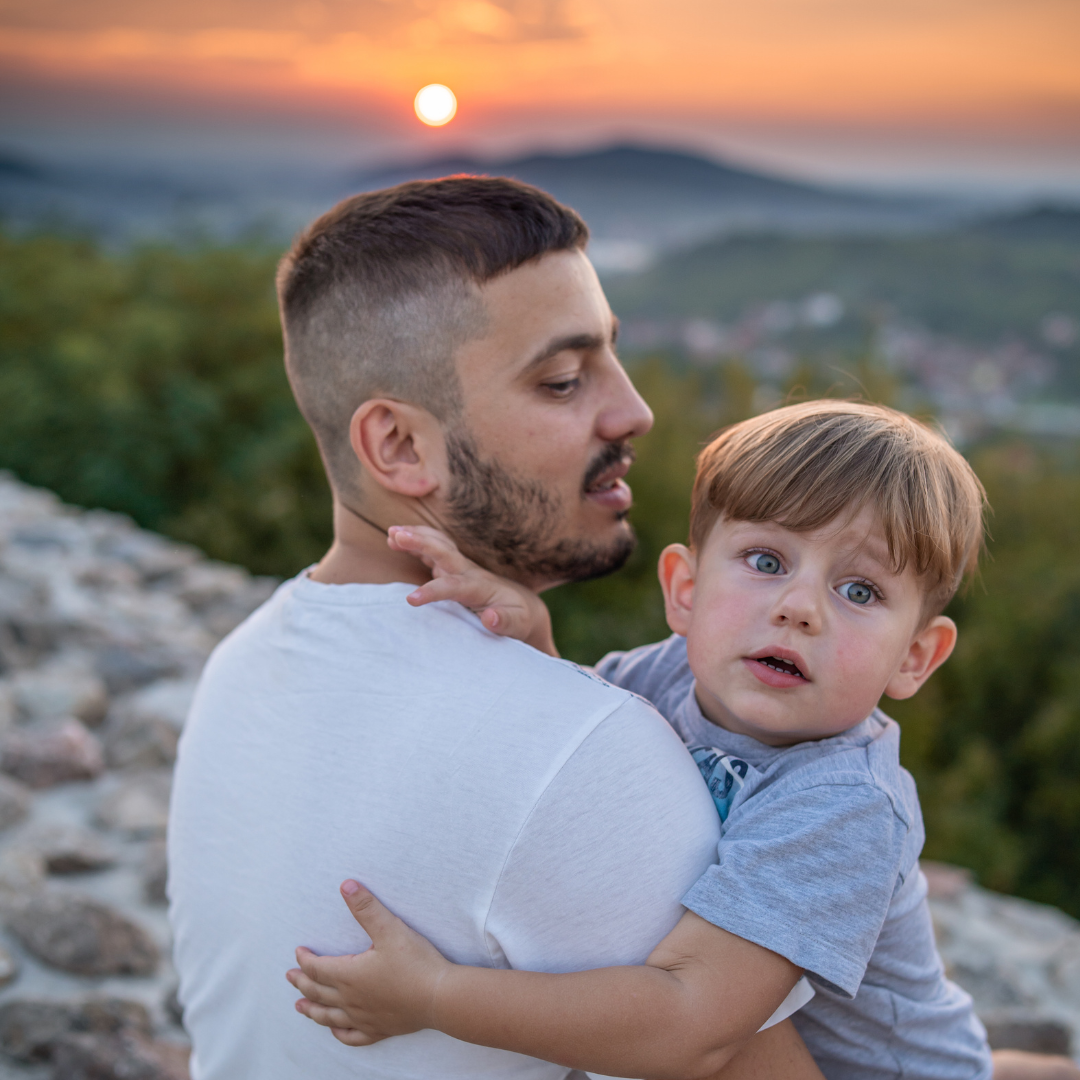After a long day of school, followed by two hours of lacrosse practice, our son, Kevin, barges through the front door, lets his backpack and sports bag crash to the floor, gives me a sweet peck on the cheek and hurries into the kitchen to grab a couple of chocolate chip cookies and a glass of milk. Then he heads up to his room where he cranks up his iPod and settles into his favorite chair to talk to friends online and play a few rounds of something or other on his X-Box.
Kevin is seventeen. He is the younger brother of Rachel. He is a car enthusiast, a computer wiz, an accomplished drummer and a really nice guy. He’s shorter than he’d like, but has broad shoulders and a muscular build. He has allergies, acne and a very dry wit. He’s gregarious, resourceful and smart.
A few months ago my husband, Jack, and I asked Kevin to read an article we had seen on the front page of The New York Times. He made his way through the first half, then set it aside. He obviously wasn’t too interested. We thought he might be. The article was about a group of teenagers in Colorado who had recently discovered they were half siblings – the result of their mothers all selecting the same anonymous donor at a sperm bank many years ago. They had made their discovery on a website (donorsiblingregistry.com) that was established by a young man about Kevin’s age who was interested in tracking down his own half siblings and perhaps even the anonymous donor his mother had used back in the late 1980’s.
Like these kids, Kevin was conceived by donor insemination. He has known this since he was ten. The day we told him we were prepared for the walls in our house to come crashing down around us, but Kevin hardly batted an eye. He thought it was interesting, but clearly no big deal.
Over time, Jack and I tried to bring up the subject whenever we could. When it was apparent that Kevin really enjoyed music and had a natural talent for it, we told him that the donor whose sperm we used to help create him played the guitar. He thought that was kind of cool, but basically shrugged it off and reminded me that his grandmother, my mom, was a decent musician herself.
Jack and I have been married for 31 years. Our daughter, Rachel was four or so when we began trying for our second child, the one to complete our loving little family. A couple of years later, it became painfully clear that we suffered from secondary infertility and would have to find a way to work around Jack’s devastatingly low sperm count. Our doctor suggested adoption or donor insemination. We chose the latter. It would be easier and quicker, and we would get to experience the magical nine months of pregnancy and the wondrous act of giving birth just as we had with Rachel. Armed with a couple of pamphlets and a list of donor identification numbers, our heartbreak turned to excitement. We took a few weeks to think it over and to do a little research of our own.
There was not much information available about donor insemination at the time. We managed to track down a book or two, as well as some articles in medical journals, but we were pretty much on our own as far as weighing the pros and cons and figuring out if we’d tell, whom we’d tell, when we’d tell, etc. What we did learn is that most heterosexual couples who conceive children in this manner do NOT tell anyone – not their families, not their friends, not even their children. Our doctors recommended that we not reveal the truth to anyone. (We learned from our own research that “back in the day,” it was a secret between the woman and her doctor, and often, the donated sperm was indeed the doctor’s own). None of this felt right for us. Fortunately, we met with a social worker who happened to agree with our gut feeling and who encouraged us to be honest – at the very least with the child we conceived, and if possible, with family and friends whom we felt would be supportive.
Suddenly, all these years later, the once unspoken issue of donor insemination has become a hot topic for the media. In fact, Jack and I are growing tired of the onslaught of recent articles and television programs dealing with the subject: Wanted: A Few Good Sperm, Who’s Your Daddy? Hello, You’re My Sister, Our Father is Donor 150 are but some of the titillating titles.
Yes, we have joined the hundreds of other donor offspring parents who have gone to the Donor Sibling Registry to see if our guy, Donor Number 11, has weighed in and if Kevin has any half siblings out there in the world. We have, in fact, established a wonderful correspondence with another family who used Number 11 and have plans to meet them and their 13 year old son in a couple of months. We would definitely be interested in getting more medical information about our donor, and of course might be curious to see his picture if he were ever inclined to share it with us someday, but beyond that, there are few blanks we feel need to be filled in. We know who our son’s father is.
We’re learning that many women are selecting their sperm donors the same way they might choose a boyfriend. He needs to be at least 6 feet tall, he needs to be cute, it’d be great if he had a post graduate degree, he shouldn’t weigh over 175 pounds. There is a great deal of emphasis on ancestry, eye color, hair color, build, and specific talents and traits. Several sperm banks now offer information about the spacing of his eyes, the configuration of his ears, the length of his eyelashes, the flare of his nostrils, his favorite color, his favorite food, and so on. In our case, we selected a donor who was Jewish, like us, and who shared a couple of Jack’s physical characteristics. The truth is, all we had to go on was a donor description that consisted of exactly twenty words.
It was a huge leap of faith on our part.
What this meant to me was one thing. I knew our child would bear some resemblance to someone somewhere on my side of the family, that I would, of course, have a biological connection to him and that being his parent would feel natural. It was another matter for Jack. He was anxious about if and how a bond would form. If he did choose to keep it a secret from, say, a colleague at work, how would he respond when that person casually remarked that his son doesn’t look a thing like him? When the son became a teenager and got mad because he was sent to his room for some reason, Jack knew he might hear the dreaded words “I hate you, you’re not even my real dad!” The length of his son’s eyelashes really wouldn’t matter much at that point. And truthfully, would it ever? For Jack, and for tens of thousands of men like him, it was and always has been simply about being a present, loving and supportive father to an engaged, thoughtful and happy child.
Woefully ignored in the current barrage of coverage are these veryfathers – the courageous and loving men who set their egos and fears aside to quietly go about the challenging and rewarding business of creating a family in a manner that was vastly different from the way they had always imagined it would happen. (Of the estimated 30,000 donor offspring births each year, approximately 60% are born to heterosexual couples.) In these articles there is never any mention of the men like Jack – the guys who sit with their feverish children through the night, the ones who teach their sons how to ride two-wheelers, the men who help their kids figure out those tough algebra problems, the ones who walk their daughters down the aisle? You know – the dads?
All this talk of the donor being the “dad” offends us deeply.
Donor Number 11 was generous to share himself with Jack and me. He helped us fulfill our dream of completing our family. We would thank him if we ever got the chance. We catch glimpses of him occasionally – in the downward slope of Kevin’s eyes when he is sad, in the dimple on Kevin’s left cheek and in his broad, easy smile. We think about him. But we don’t think of him as Kevin’s dad. Jack is Kevin’s dad.
In a few short months, our son will turn eighteen. Would he want to contact the donor if he could? I asked him that very question a few days ago. “Why, so I could find my out who’s my daddy?” He grinned and, without missing a beat, said, “No need. I already know that guy.”




